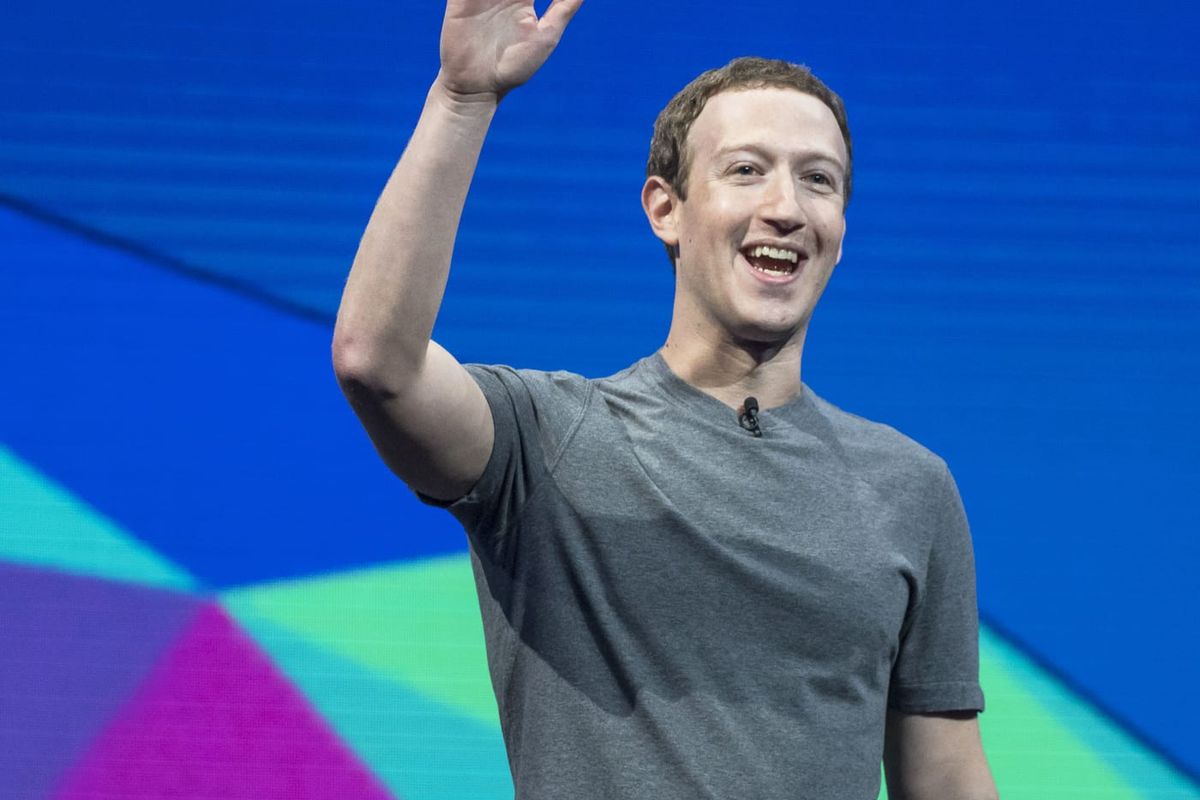Introduction
Meta CEO Admits Biden-Harris Administration Pressured Company to Censor Americans. In a revelation that has sparked significant debate and concern, Meta CEO Mark Zuckerberg recently admitted that the Biden-Harris administration pressured his company to censor certain content posted by Americans on its platforms. This admission has raised serious questions about the balance between government influence and free speech in the digital age, fueling an ongoing discussion about the role of tech giants in moderating online content.
The Admission
During a recent interview, Zuckerberg acknowledged that Meta, the parent company of Facebook and Instagram, faced pressure from the Biden-Harris administration to restrict and censor specific types of content. While he did not provide exhaustive details on the nature of the requests or the exact content targeted, his admission confirmed what many had long suspected—that the government had a hand in shaping what information was allowed to circulate on one of the world’s largest social media platforms.
This disclosure is particularly significant as it touches on the sensitive issue of government overreach in the digital space. The fact that a major tech company like Meta felt compelled to comply with government demands raises questions about the extent of influence that political administrations can wield over private corporations, especially in matters involving free speech.
The Implications for Free Speech
The revelation has ignited a firestorm of debate around the implications for free speech. Critics argue that government pressure on private companies to censor content constitutes a dangerous precedent, one that could lead to a slippery slope of increased censorship and control over public discourse. They warn that such actions could undermine the First Amendment rights of Americans, leading to a scenario where the government effectively controls the flow of information online.
Supporters of the administration’s approach, on the other hand, might argue that in certain cases, such interventions are necessary to combat misinformation, hate speech, or other harmful content that can spread rapidly on social media. However, this raises the question of who decides what constitutes harmful content and whether it is appropriate for the government to be involved in making such determinations.
The Role of Tech Companies
This situation also brings to light the complex role that tech companies like Meta play in the modern information ecosystem. On the one hand, these companies have immense power over what information is seen or suppressed, making them de facto gatekeepers of online speech. On the other hand, they are private entities with their own policies and interests, which can sometimes conflict with the broader public interest.
Meta’s admission highlights the difficult position these companies find themselves in—balancing their responsibility to maintain an open platform with the demands of governments, all while facing public scrutiny from multiple sides. This balancing act is becoming increasingly difficult as the digital landscape continues to evolve, and as more governments around the world seek to exert influence over what is shared on social media.
Broader Context and Reactions
The admission by Meta’s CEO has not only raised concerns about free speech but also about the broader issue of transparency. Many are now calling for greater transparency from both tech companies and the government when it comes to how decisions about content moderation are made. There are demands for clear guidelines and accountability to ensure that any actions taken do not infringe upon the rights of individuals to express themselves freely online.
In response to the revelations, lawmakers, advocacy groups, and the public are calling for investigations into the extent of government influence on social media platforms. Some are advocating for new legislation that would limit the government’s ability to pressure private companies to censor content, while others are pushing for reforms to ensure that tech companies are more transparent in their moderation practices.
Conclusion
The admission by Meta’s CEO that the Biden-Harris administration pressured the company to censor Americans is a significant development that has far-reaching implications for free speech, government influence, and the role of tech companies in our society. As the debate continues to unfold, it will be crucial to find a balance that protects the rights of individuals to freely express themselves while ensuring that the digital space remains safe and trustworthy. This situation underscores the need for ongoing dialogue, transparency, and accountability in how content is moderated online, and how government and tech companies interact in this process.